Most of us want to do the right thing. When disaster or tragedy strikes, we share money and resources. Giving feels good, and it is good to give. How is it then, that really generous people can, for example, walk by a homeless person sleeping in a dark doorway after enjoying a good meal? I’ve done this myself. Can we do the right thing without compassion—without “suffering with” those nearby who are in need?
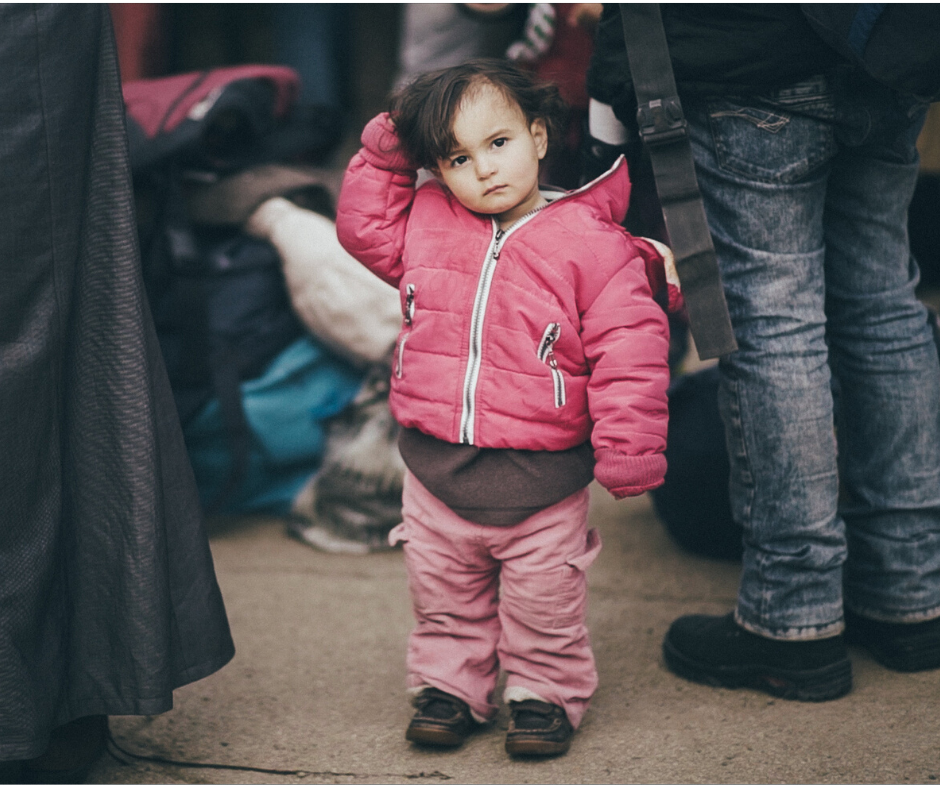
Compassion gets personal.
When buildings topple and the media blasts the stories of suffering into our lives, it is instinctive to want to help. Thank goodness there are those who are trained, poised, and ready to act. But anyone who has been on the front lines can tell you: it’s the eyes of those haunted by sorrow that stay with you after the emergency is over. Suffering unveils human vulnerability. It is easier to run from pain than to sit with it. Henri Nouwen summarizes, “Compassion means full immersion in the condition of being human.”
Compassion gets messy.
Suffering can’t be charted, regulated, or easily fixed. People in pain may not do or say nice things. The howl of need is hard to hear. When I was young, the homeless in my urban neighborhood got to me. I disregarded the advice of the street-wise and began taking breakfast to some of my new friends. As I heard their stories, I learned that more than French toast was needed. Carl needed rehab. Eugene needed dental services. Becky needed to get away from her abusive boyfriend. The veteran who wouldn’t tell me his name needed mental health services for his PTSD. I learned quickly that real compassion takes long-term community commitment, lots of resources, and faith that God can indeed move mountains—often through us—even when each shovelful of need seems overwhelming.
Compassion can change your internal compass.
Decades ago, I traveled to India to volunteer at Mother Teresa’s home for the dying. It was basic, humble work—cutting toenails, feeding babies, singing to toddlers. The people were so vulnerable—close to death or just barely born. On my way home after a few weeks, I was in an airport wondering how to go back to my corporate office after seeing the world’s great need. Then I saw a quote written on the baggage carousel: “When you don’t know what to do next, think of the person who suffers most and do something to alleviate alienation.” When I have faced big decisions or gotten lost in business, that quote has returned to me like a compass. Stay rooted in people work … ministry … service. Look in the eyes of others. Don’t run from vulnerability.
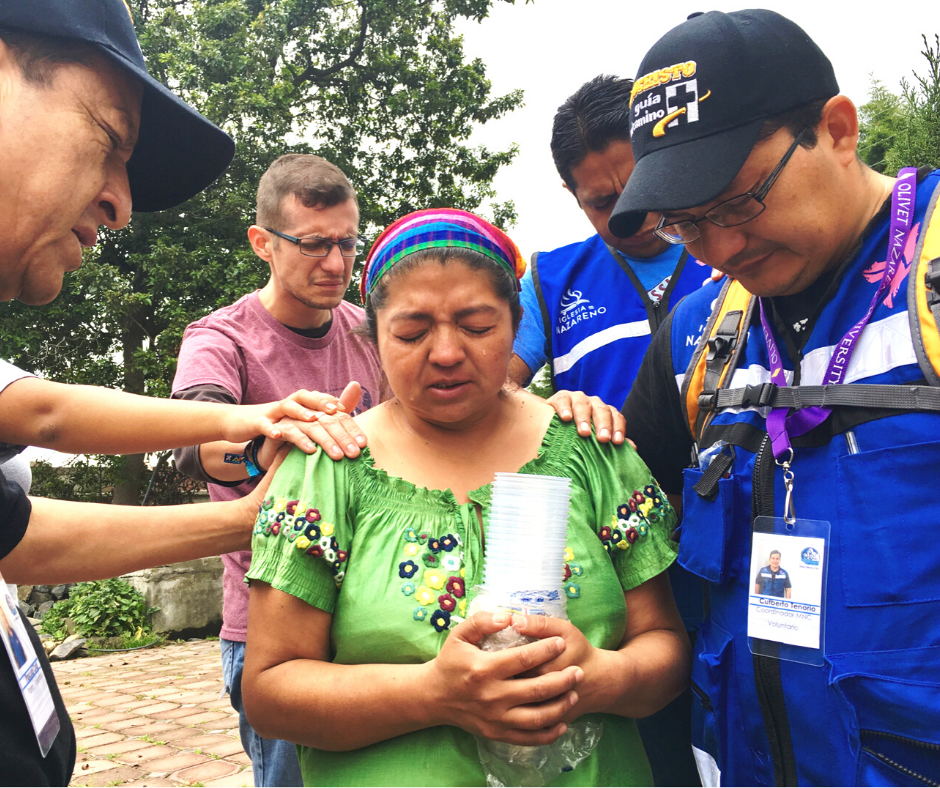
In Matthew 9, Jesus shows us that direct, eye-to-eye involvement is not optional. The big event in the chapter seems to be the calling of Matthew but before, during, and after, Jesus looked into the eyes of real humans in need. He lifted a paralyzed man, raised a girl from her deathbed, healed a shunned woman with blood on her clothes, opened the eyes of the blind, and drove out a demon. Jesus “had compassion on them, because they were harassed and helpless …” (verse 36). He then looked at the disciples said the harvest was plentiful. They were being sent to care for the harassed and helpless and would sometimes become the harassed and helpless themselves.
Jesus knew few would respond to a call with that much risk. Still, he sounded the call for them to get personal, accept the messy parts, and be willing to have their plans rerouted. This is Jesus’s way.
Dr. Rebecca Laird is professor of Christian Ministry at Point Loma Nazarene University. She is co-editor of Spiritual Direction, Spiritual Formation, and Discernment, a trilogy of books on the spiritual life by Henri Nouwen.
This post was originally published in the Summer 2017 Issue of NCM Magazine. Read more here.


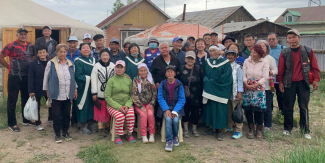
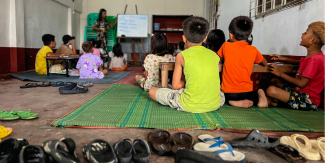
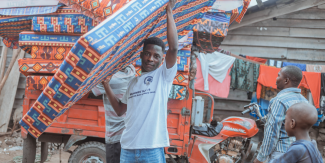

Add new comment